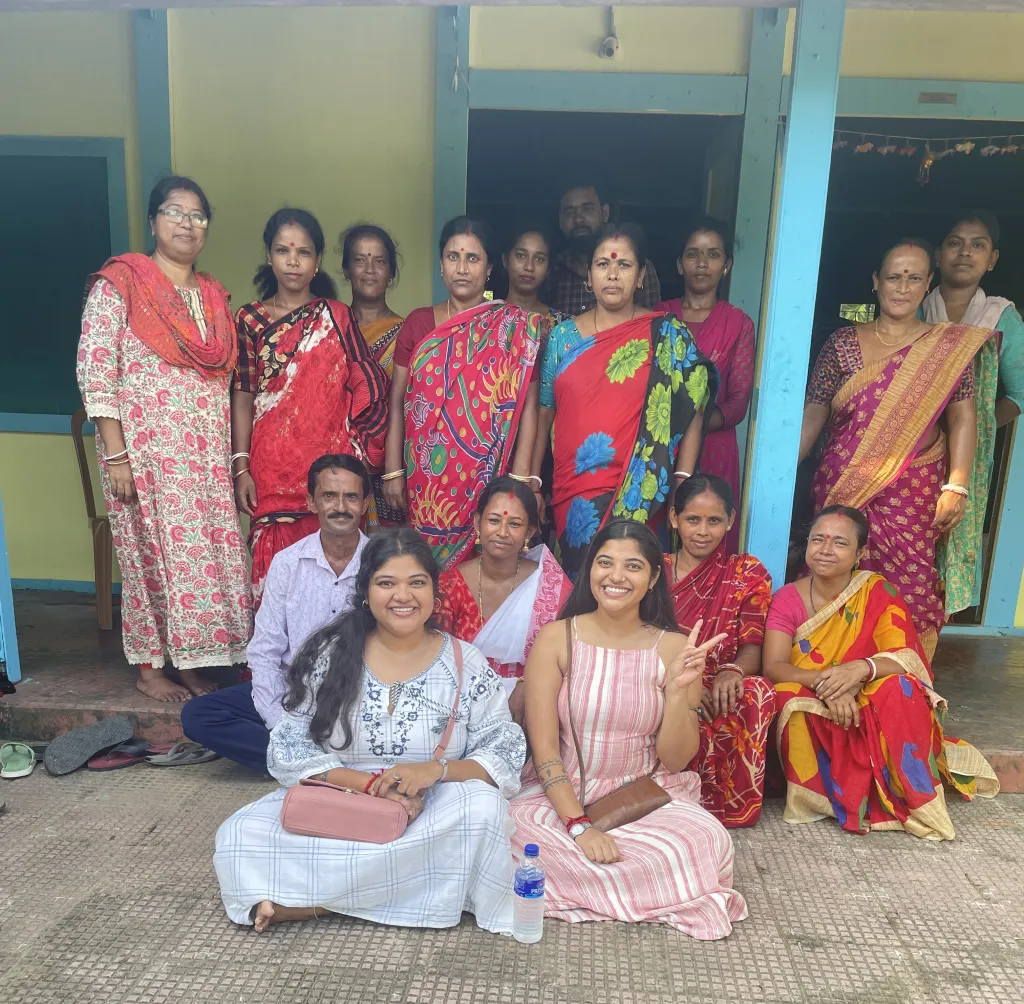Championing the green transition – a small bamboo business in India shows how
The demand for measuring the environmental impact of SMEs is growing, and so is the need for SMEs to go green. With the assessment tool SME360X and supporting initiatives like the UPS Green Exporters Program, ICC, Gist Impact and UPS aim to make sustainable business a reality for all. In this series, we share stories of SMEs, like Indian bamboo innovation company Tad Udyog, as they champion the green transition in their day-to-day business.
Quantifying environmental impact
For Tad Udyog’s Founder Director Akshya Shree, sustainability has always been a core part of the company’s history. From its genesis, the business has focused on driving impact by supporting the production of eco-friendly bamboo products, as well as supporting more sustainable supply chains.
As the business continued to grow along with its sustainability efforts, Akshya found stronger emphasis from the market, and potential investors, on quantifying the impact of these activities.

“For us, measuring our environmental impact is very important, given our work encourages the planting of bamboo. But a key reason we came to SME360X is the increased awareness among buyers as well as consumers to understand how sustainability works and how eco-friendly practices can be adopted,” Akshya said.
While they have been able to assess the social impact of their business, the process of quantifying Tad Udyog’s environmental impact often seemed daunting. “We could always justify the social impact of our products to investors because we see who’s making them and are able to track the artisans’ growth in income,” Akshya said. “But when it comes to environmental impact, it’s harder to put down in numbers things like: how much plastic waste are we replacing? How green are our operations? But also looking at how encouraging the planting of bamboo is benefitting plantation owners, unskilled workers and the environment, for example, through carbon absorption. SME360X has helped us start to get the numbers and measure this.”
Adopting a more holistic view of impact
In starting to think about how they could approach impact assessment, it became clear to the Tad Udyog team they needed a tool that would take a more holistic view of environmental impact beyond just carbon.
“I used to just go to Google and type out carbon calculators and there’d be 500 options of websites where you could add your inputs. But they weren’t producing a satisfactory response as they weren’t calculating the whole ecosystem,” Akshya said. “While I’d get my carbon numbers, I wasn’t able to understand exactly how I could improve those numbers.”

With the SME360X platform, the Tad Udyog team found everything they were looking for in one place. SME360X covers all key environmental impact areas (air pollution, water consumption, water and land pollution, waste generation, and biodiversity) ensuring SMEs are measuring their wider environmental footprint and identifying hidden risk areas.
“You get data that is very clearly bifurcated into parts, where you’re using land, water, electricity, and other aspects – whereas with other platforms, a lot of these things were missing. Also, SME360X has a great support page with all the questions, so you can easily figure out exactly what inputs should be given and how to calculate them.”
For a lot of SMEs, just getting started on the sustainability journey can be a daunting process. This is where the role of platforms like SME360X, and the support system received through initiatives like UPS’ Green Exporters Program, is essential.
“A lot of platforms just talk about net-zero initiatives, but nobody is coming down to the point and helping those like me, telling them how you can measure it. If you don’t have the background or the subject knowledge it can become fearsome and then you might get a sense that if I get a wrong carbon number, your buyer might end up refusing your requests to collaborate. But with SME360X, you can offset that fear because there’s immediate recognition in the tool that net zero is not something achievable right away – you have to build towards it.”
She also noted the platform helps level the playing field for SMEs, who are often constrained by both time and resources.
“I know other entrepreneurs who feel getting any kind of certification puts an excessive burden on them, and it’s something only rich enterprises can afford. But that’s where SME360X comes in. It helps more medium-level enterprises achieve exactly the same type of data and numbers a big corporation can. That’s something which is very helpful and which I can personally vouch for.”
Moving to the next stage of their sustainability journey
In Akshya’s view, there are still a lot of SMEs who don’t really understand how certification is going to help them and why it is important to start as early as possible with this process. “I strongly feel that for certifications, no matter what stage of business you are in, you must have them because it puts your product on par with bigger players in the market. This kind of certification just adds value to the business. And globally, it’s very important for international vendors to have the certification to take their products abroad.
“There is also a growing sense of awareness [of this] among other organisations I speak with – like the women’s entrepreneurship platforms I’m part of – where we are all focusing on bringing net-zero concepts to the forefront.”
Going forward, the data and insights that SME360X provides are enabling Tad Udyog to chart their sustainable practices and from 2024 onwards, they plan to publish their first sustainability report.
“I’ve really enjoyed the platform,” Akshya said. “It’s giving me a better understanding of my inputs and outputs, and perspective about the most important aspects of my business and sustainability. I believe in being prepared for the future.”
